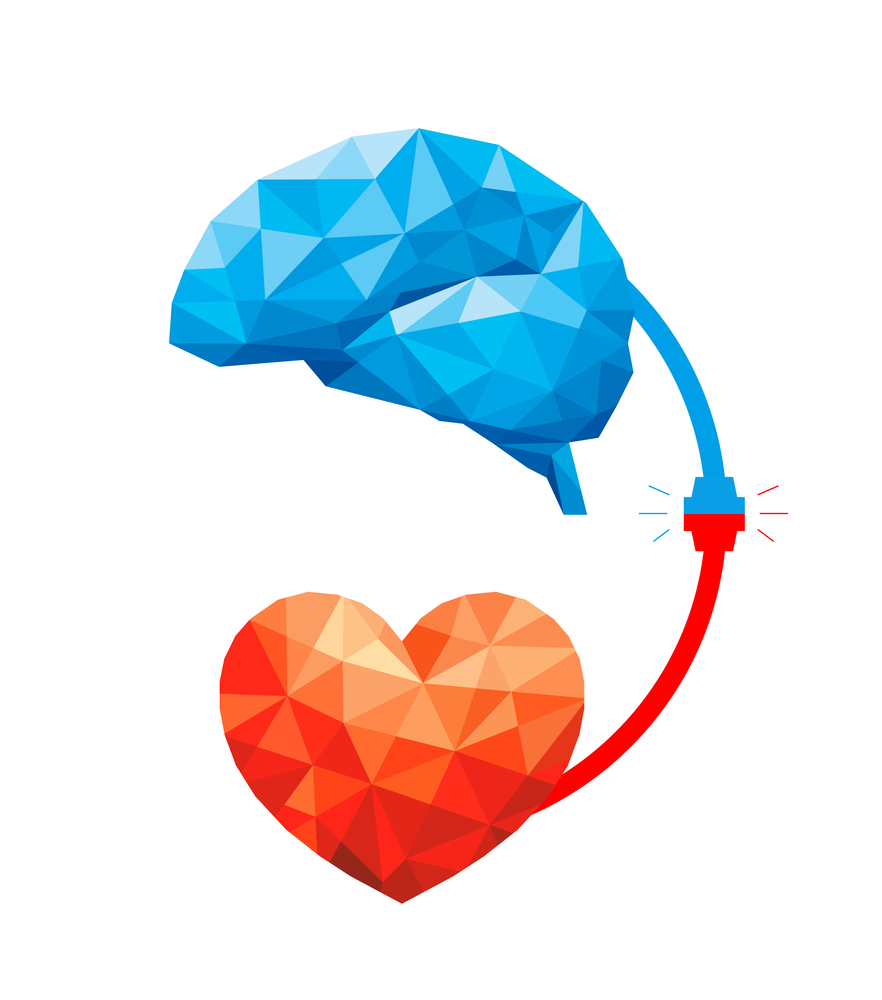October 10th was World Mental Health Awareness Day. I’m curious, did the day prompt you to think more deeply about or relate more intentionally and compassionately to your mental health and the mental health of others? Chances are, as is the case with most of these important well-intentioned-awareness-building-themed days, the day passed with a nod of slight acknowledgment and then life carried on as usual.
Prominent figures like Prince Harry, Michael Phelps and Lady Gaga who have boldly shared about their genuine mental health struggles and how beneficial psychotherapy has been for their healing has helped position mental health as a ripe topic for public discourse, which is good. Yet, the reality is that a majority of people who struggle are not celebrities and find it hard to seek help. Too many people suffer in silence for fear of being judged or persecuted. Too many people suffer because they don’t have resources or options for self-care or access to competent mental health supports and don’t know where or who to turn to. Too many people suffer behind façades of manufactured happiness because they believe that the façade is all others will accept, like or be interested in. Too many people suffer as they avoid or hide from their truths because they believe doing so is far less painful than facing the root of their pain in the first place. And too many people suffer and create suffering for others because they lack self-awareness or a balanced state of mental health.
For these blocks to treatment to go away, and for mental health to finally be recognized as the powerful constant it plays in how our world actually runs, we need more than just awareness-building initiatives. We need more education about mental health and opportunities to practice caring for our emotional health starting from an earlier age. We need policies and systems in place that support the humane treatment of our family, friends and communities. And we need a more compassionate understanding and deeper respect of what it is to be human and how other people’s “messes” and pains are indeed shared and impact every single one of us either directly or indirectly.
Wherever you turn, the others you encounter along the way have their own story and are also trying to navigate this journey through life. Rather than taking offense to, dismissing or judging others, we can practice extending an arm of respect and empathic understanding. The depressed and curt train conductor, the overwhelmed school teacher, the stressed out and sleep deprived medical doctor, the alcoholic attorney, the lonely bank teller, the traumatized police officer, the socially isolated young man glued to a computer screen, the lifeless receptionist at your doctors, the grieving person pumping your gas, the distracted and anxious chain-smoker driving in the car next to you. Wherever you turn, people struggle in one way or another.
What can we really do to encourage a healthier, more affirming awareness of mental health? Here are a few suggestions:
- Educate yourself about mental health. There is a plethora of information online that is user friendly and not “too clinical”. Sites like goodtherapy.com and psychologytoday.com offer some clear and easy to read blogs on all things surrounding mental health. Organizations like the World Federation for Mental Health (LINK) and the National Alliance on Mental Illness (LINK) host an array of programming and opportunities for support ,and ways to get involved and make a difference.
- Open your field of vision towards those you encounter and resist the urge to judge, dismiss or over-personalize. Often when we have an odd or tense encounter, our reflex tends towards taking offense, defending ourselves or blaming the other. Try considering perhaps that the “offender” did not intentionally try to slight you but is struggling with something within themselves. If it was intentionally hurtful, we must defend and protect ourselves and also recognize that it was about them, not us.
- Show some interest and spread some good energy. When you encounter others along your path, meet the person before you and show interest in meeting them. When you ask how someone is, take a moment to actually listen and show them you can listen to them and hear what they have to say. This is not synonymous with “taking on” their issues or needing to “fix or solve” their issues. A little genuine empathy can go a very long way. Maintain boundaries.
- Be a risk taker and share about yourself, open up and discuss struggles you may encounter along your own journey. While there is a reason and respect for privacy and not “airing your dirty laundry,” there is a powerful connective factor and normalizing effect when people share within reason. And besides, you just may just help yourself and the others not feel so alone after all.
The stigma and judgment surrounding caring for one’s emotional life, mental health and well-being needs to end. The world is changing slowly in this direction. Let’s help it along. It’s long overdue.
Veronica Vaiti, LCSW-R, CCATP



